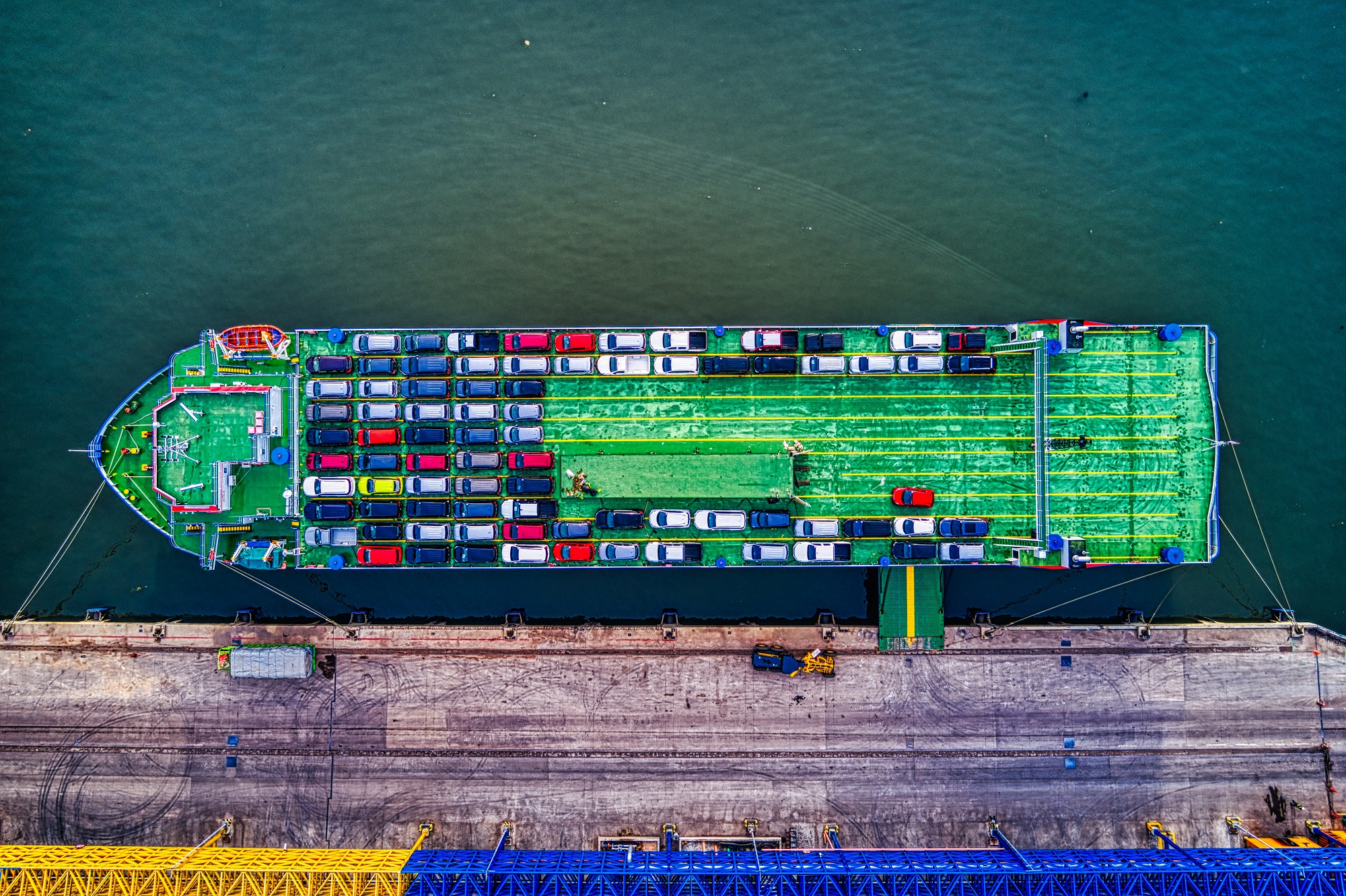The matter of ‘ownership of goods’ and the eligibility to recover import VAT are intricately interlinked. This point was underscored in a recent case in the United Kingdom (UK). As a result of the decision of the UK tribunal in that case, the claimant was not able to recover the import VAT it had paid. Although this case concerned UK law, it nevertheless bore several similarities with previous decisions of the European Court of Justice (ECJ), such as in the Weindel Logistik Service case (C-621/19). This topic is therefore of relevance to all businesses involved in the import of goods, as our VAT & Customs Advisory experts explain in this article.
Piramal case: previously recovered import VAT to be repaid to HMRC
This case concerned Piramal Healthcare UK Ltd, a company involved in the import of goods into the UK for packaging. Piramal paid import VAT as it was named as the importer. Piramal had recovered import VAT on the import of goods, but the Tax & Customs authorities of the United Kingdom (HMRC) raised correctional assessments totalling £196,254 to claim this VAT back.
Piramal was only conducting a packaging process on the goods and its client remained the owner of those goods. HMRC argued that, as Piramal did not purchase the imported goods itself, it had no right to reclaim the import VAT it had incurred. The Tribunal agreed with HMRC, upholding the correctional assessments.
Relevance to UK and EU importers
The case is very important as it highlights HMRC’s policy on ‘ownership’, which is critical when determining who must be declared as the importer. As a result of Brexit, imports into the UK have increased and may pose a hidden challenge for many companies doing business in the UK. To read more about the UK case, please read this article by MHA, the Baker Tilly International member firm in the UK.
However, this case may also be seen as a cautionary tale for businesses involved in imports to the European Union. The case underlines the importance of a correct determination of ownership and the VAT consequences of an incorrect determination.
Stay alert!
The import of goods is a precision operation; one in which you need to be clear about your obligations. The Incoterms applied must be taken into account and businesses must ensure that their administrative records are correct. Declaring the incorrect party (i.e. a party other than the owner of the goods) as the importer when importing goods could result in import VAT becoming unrecoverable, forming a cost for the declared importer. These matters are often very difficult to resolve.
Would you like to know more about the customs and VAT obligations relating to the flow of goods in which your company is involved? Our experts would be happy to assist you. Please contact Stevie Mols or Marisa Hut from Baker Tilly VAT & Customs Advisory.
The legislation and regulations in this area may be subject to change. We recommend that you discuss the potential impact of this with your Baker Tilly advisor.
Other insights
-
Customs Talks: How the new EU Deforestation Regulation (EUDR) will impact business with the UK
-
EU Deforestation Regulation (EUDR): stringent rules for importers, operators and traders
-
Budget Day 2024: overview of the new tax plans & proposed legislation





